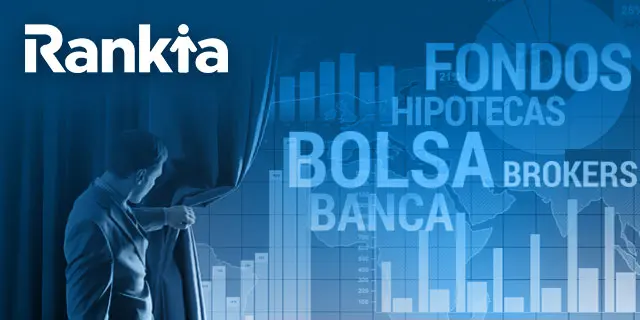Too much to listen and too little time...
My rating: ★★★☆☆ (3/5)
Pointers:
- 3:31 ― Richard Duncan asks Greenspan: What do you think while you were FED chairman about the trillions of fiat money that were created by the Central Banks of the trade surplus countries (like China and Japan) in relation to the impact that this had in pushing down yields?[1]
- 5:16 ― The FED QE’s effect (pushing down the yields on the bonds) is very much the same to the effect of foreign-trade-surplus-countries’ Central Banks accumulating foreign exchange reserves.
- 8:37 – Of the almost 10 trillion dollars that were created by this Central Banks, at least 70% was invested in US assets. This had an extraordinary impact on the US economy pushing up bond prices and pushing down rates. Back then in 2004-06 the FED increased the short term rates by 425 bps and yet the 10yr bond didn’t go up. At first it went down and at the end it was just 38 bps higher. When asking about this at the time, Greenspan answered that he didn’t know, “it’s a conundrum” he said.
- 15:23 – The theory that a global savings glut was behind the bubble is absurd. The actual cause were foreign Central Banks creating fiat money to absorb the dollars from their trade surplus.
- 16:40 – Duncan conclusions are based on evidence and he proves his theories with hard numbers.
- 18:06 – Greenspan response to Duncan’s question.
- 21:04 -- Every country balance of payments has to balance... A half a trillion dollar trade deficit in the US means it will have a half a trillion dollars coming in in terms of foreign investment… “The larger the trade deficit becomes the larger the capital inflows into the country become.” Trade deficit and capital inflows are a mirror image of each other.
- 24:29 – The US economy is pretty weak… it’s very dependent on interest rate staying low.
- 25:49 – There is a limit as to how much the FED can increase interest rates before it provokes a new recession… Going back to 1950 any time total credit (adjusted for inflation) in the US grows by less than 2% then the US goes into recession.
- 27:10 – Why an environment where interest rate are going up is really bad for the valuation for stocks or a business?
- 29:54 -- Do you agree with Mark Cuban’s statement that the majority of job losses are due to technological advancements? Significant but not the primary issue. The primary issue is that we have a huge supply of low cost labor in the world in our global economy.
- 33:42 – We are in a very big economic bubble due to the credit explosion that we’ve had after we leave the gold standard.
- 37:07 – “As long as globalization continues and interest rates are low there is almost no limit as to how long the government can continue borrowing and deficit spending to keep the economy from collapsing into depression. The issue is whether or not this government spending is sustainable in the long run, it all comes down to how the government spends the money.”
- 37: 28 – Fiscal Policy and Infrastructure in the US relative to China’s "One Belt, One Road" Initiative[2]
- 41:35 – The RMB is not going to replace the USD as the key international currency. Because what is required of the key international currency is that there is a lot of it in the global economy and there is not a lot of RMB in the global economy because China has a big trade surplus.
- 42:38 – Special Drawing Rights.
Listen to it: https://www.theinvestorspodcast.com/richard-duncan-alan-greenspan/
NOTES:
[1]Link to Duncan’s post about it: https://www.richardduncaneconomics.com/i-asked-alan-greenspan-a-question-of-historic-importance-last-week/
[2]for more about this: http://www.mckinsey.com/global-themes/china/chinas-one-belt-one-road-will-it-reshape-global-trade

